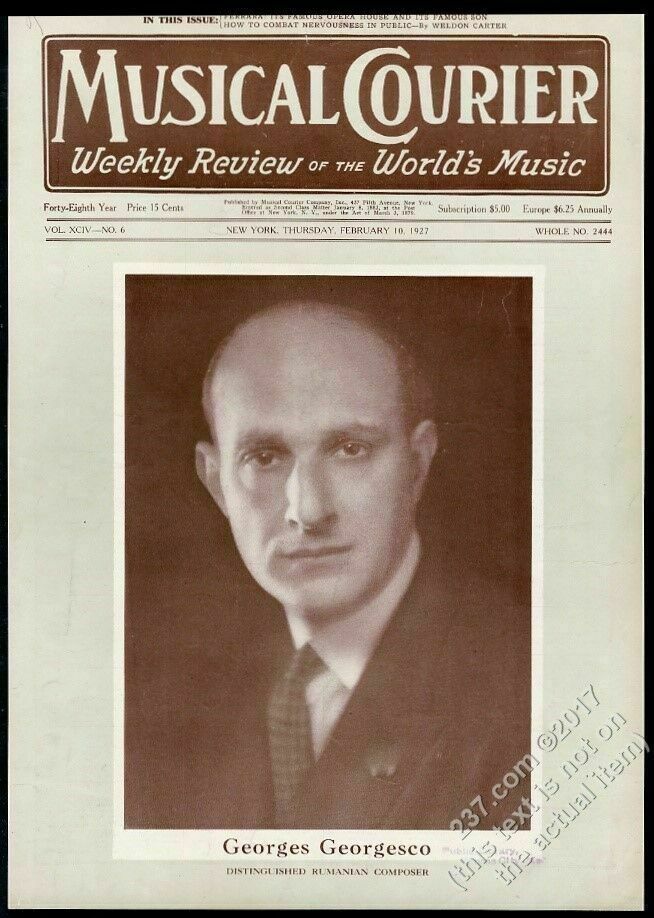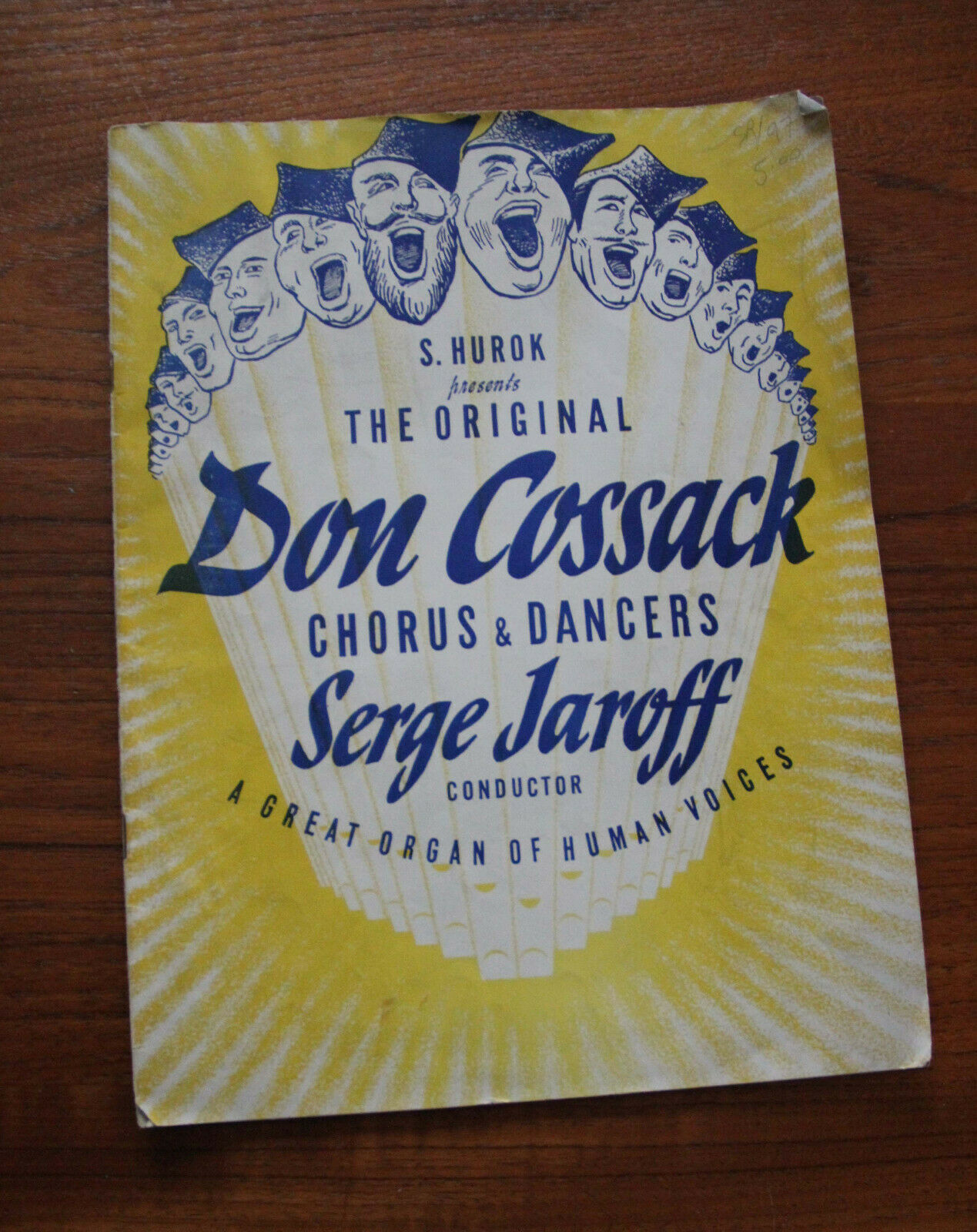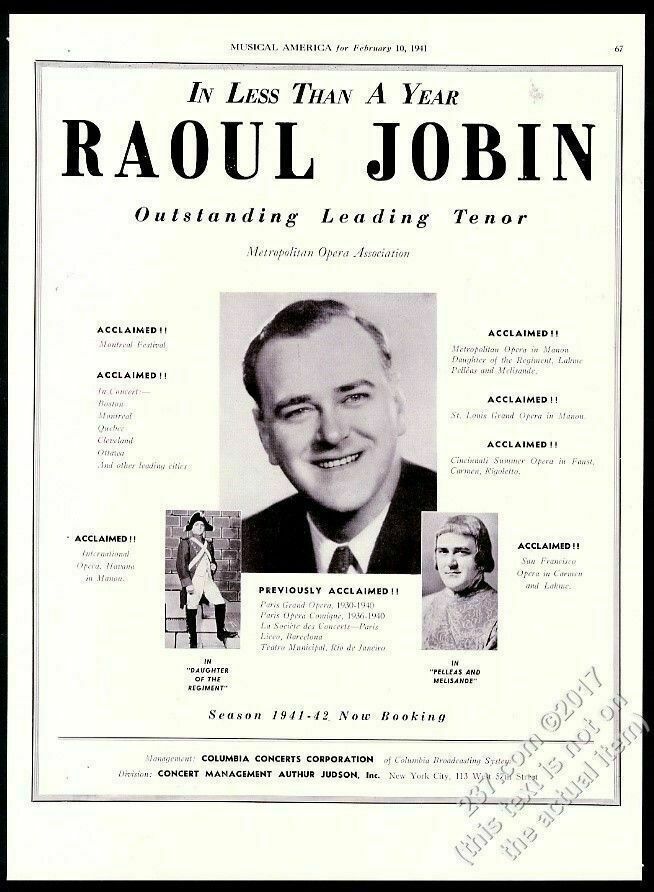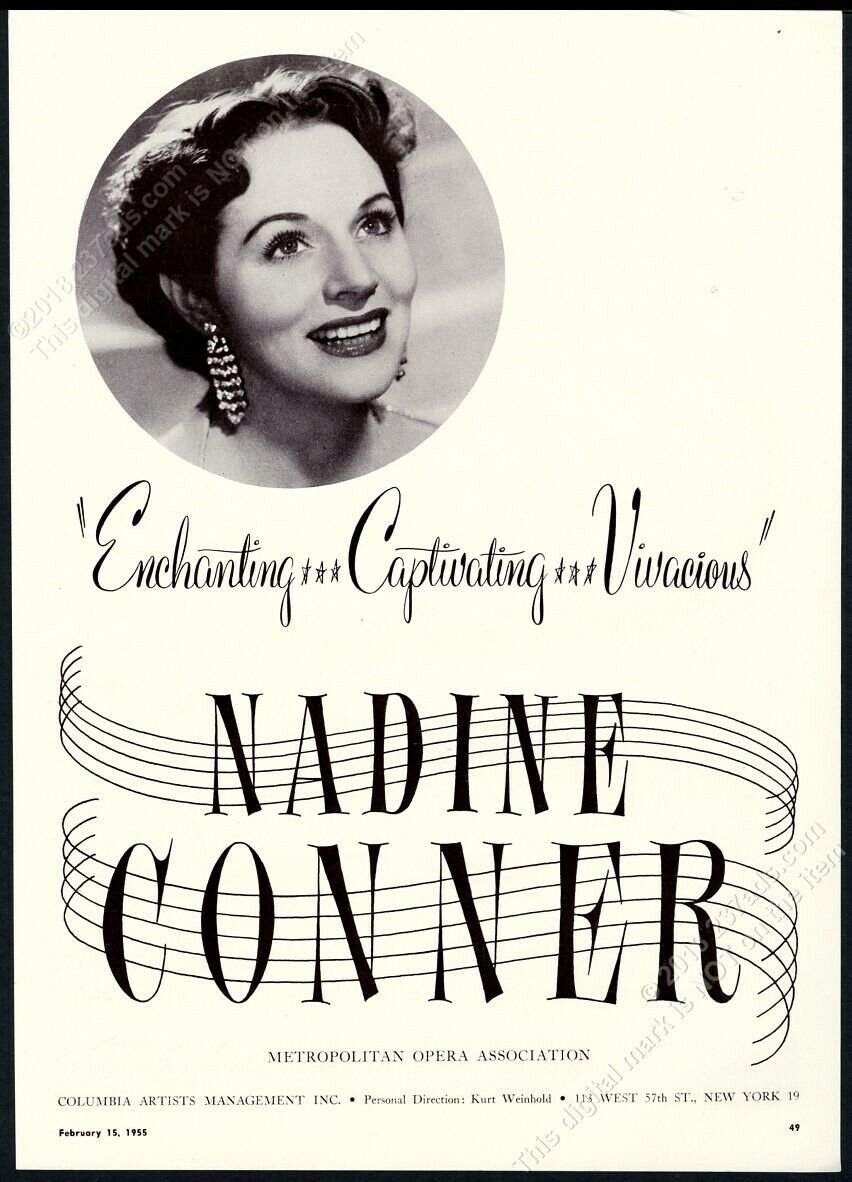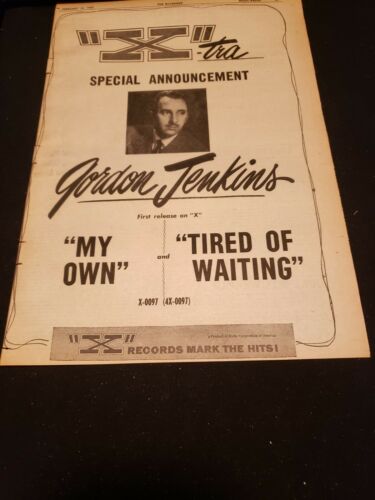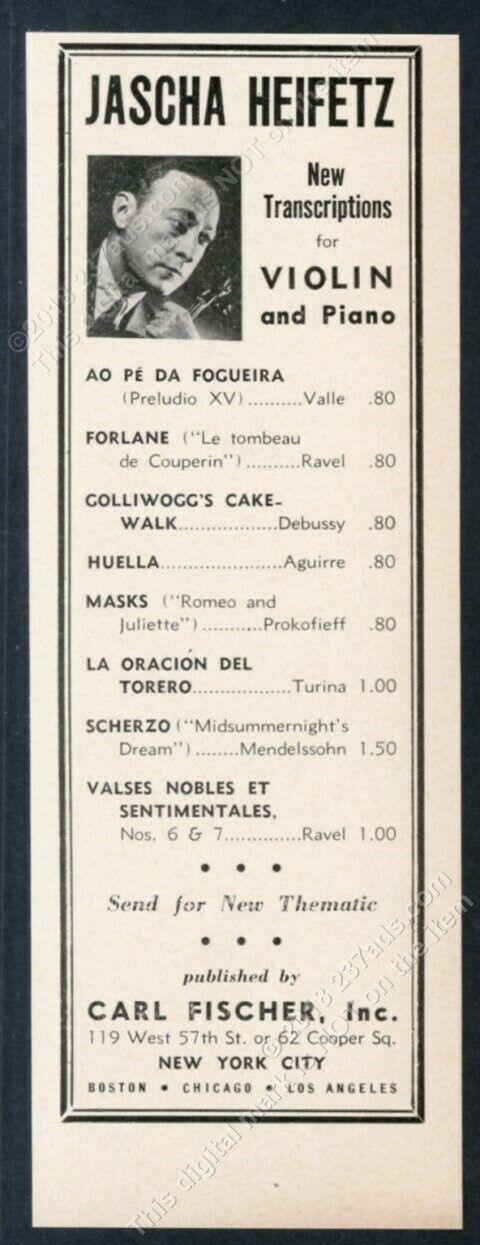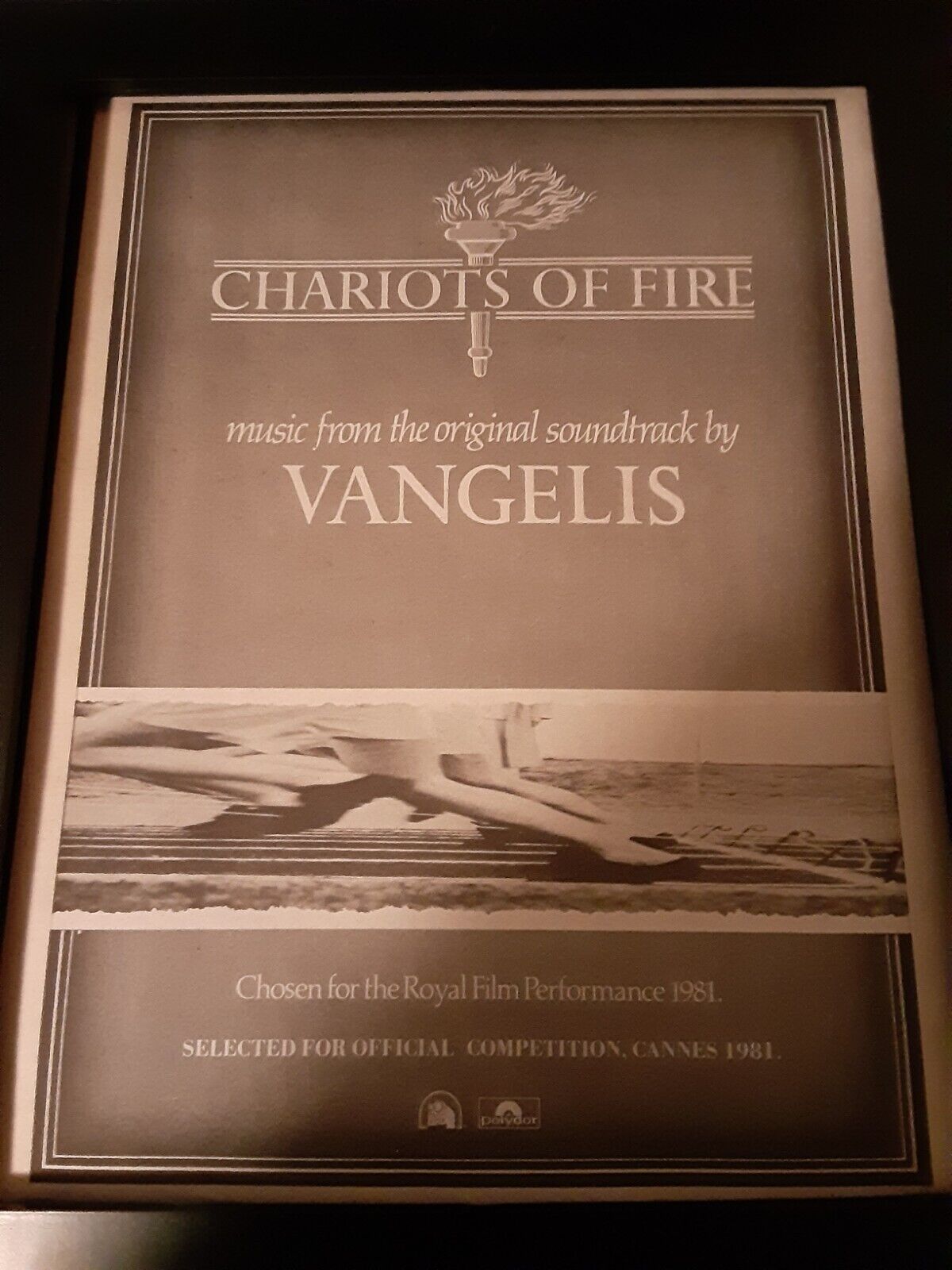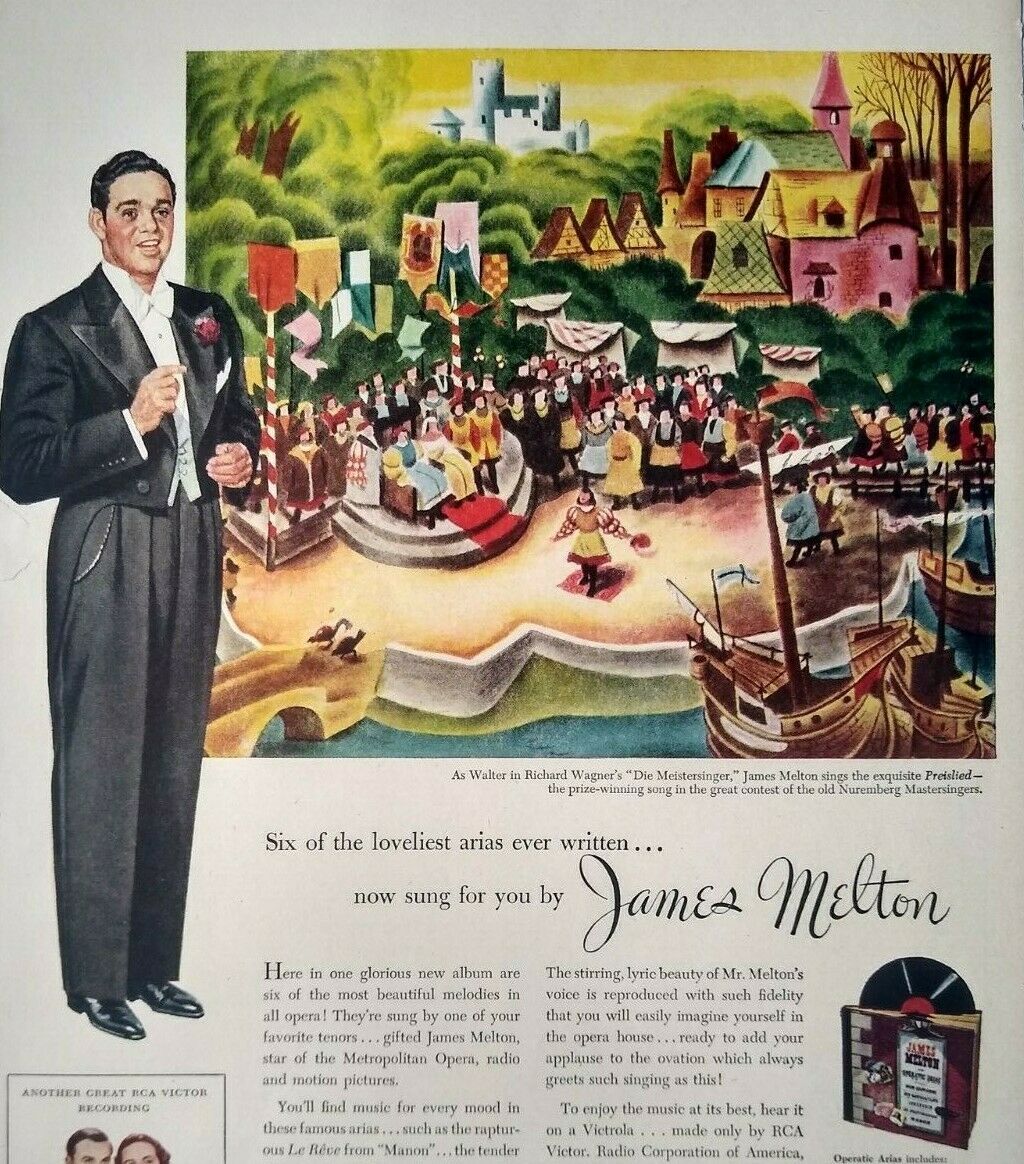-40%
Benno Moiseiwitsch handbill flyer piano pianist Jordan Hall Boston
$ 42.24
- Description
- Size Guide
Description
Hello!For sale I have an original handbill/flyer for the great Russian pianist Benno Moiseiwitsch. Rare! The performances were at Jordan Hall (Boston). No year listed. Repertoire was Beethoven, Schumann, Brahms, Chopin, Bach, Debussy, Prokofiev, Palmgren, Stravinsky, Poulenc and Dohnanyi. Single sheet, one-sided. 9.5 x 6.5 inches. Light creases. The watermark is only on the ebay photo, not on the flyer itself. Priority mail insured.
I have been a professional violinist for 20 years. I currently teach violin at University of California, Berkeley, and play Concertmaster for the Sacramento Philharmonic and Opera. I've been buying and selling music memorabilia on eBay since it was invented and I've been buying antique art from European and American auction houses for a decade. All pieces for sale are guaranteed authentic and come from my personal collection, which numbers in the thousands.
To learn more about me before buying, visit danflanaganviolin dot com.
Benno Moiseiwitsch
(22 February 1890 – 9 April 1963) was a Russian/Ukrainian born British pianist.
Born in
Odessa
,
Russian Empire
, in present-day
Ukraine
, Moiseiwitsch began his studies at age seven with Dmitry Klimov at the Odessa Music Academy. He won the
Anton Rubinstein
Prize when he was just nine years old. He studied with
Theodor Leschetizky
in Vienna from 1904 to 1908, then joined his own family in England, making his English debut at Reading in 1908, his
London
debut the following year. He toured the United States (first in 1919), Australia, India, Japan, and South America. Moiseiwitsch was invited by Director
Josef Hofmann
to teach at the Curtis Institute of Music in 1927. He settled in England and took British citizenship in 1937.
Moiseiwitsch was appointed a Commander of the
Order of the British Empire
(CBE) in 1946 for his services to music during the
Second World War
, having performed hundreds of recitals for servicemen and charities.
He married
Daisy Kennedy
, an Australian concert violinist, and had two daughters, Sandra and the set designer,
Tanya Moiseiwitsch
. He and his second wife Anita had a son, noted New Zealand National Radio broadcaster Boris Moiseiwitsch.
He was a friend of
Nikolai Medtner
and commissioned the
Piano Concerto No. 3 "Ballade"
(1940–43)
Moiseiwitsch was particularly known
[2]
for his interpretations of the late Romantic repertoire, especially the works of
Sergei Rachmaninoff
(who was an admirer of his playing and referred to Moiseiwitsch as his "spiritual heir"
[3]
). At the piano, Moiseiwitsch was noted for his elegance, poetry, lyrical
phrasing
, brilliance, rhythmic freedom, and relaxed virtuosity.
He made recordings for His Master's Voice (now EMI) starting in the
78RPM
shellac era, continuing with long-playing records and into the early stereo era. His distinctive style can be heard in his recording of Rachmaninoff's
Rhapsody on a Theme of Paganini
and the
Barcarolle
,
Ballade No. 4
and Nocturne, Op. 62 of
Frédéric Chopin
. In 1950 critic and musicologist
Irving Kolodin
said about the Ballade in F minor of Chopin played by Moiseiwitsch: "A featherweight touch in the opening section of this work, an apt feeling for its "once upon a time" narrative quality give Moiseiwitsch pre-eminence among present day interpreters...", thus summing up the sensitivity of the playing by Benno Moiseiwitsch.
[4]
He worked meticulously and amicably as a chamber musician, including in Rachmaninoff's
Trio Élégiaque
and
Cello Sonata in G minor
. American critic
Harold C. Schonberg
praised Moiseiwitsch's formidable technique and free approach to the music, adding that such freedom was "always tempered by impeccable musicality."
[5]

